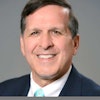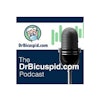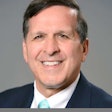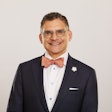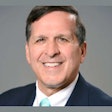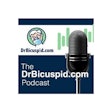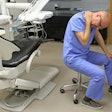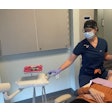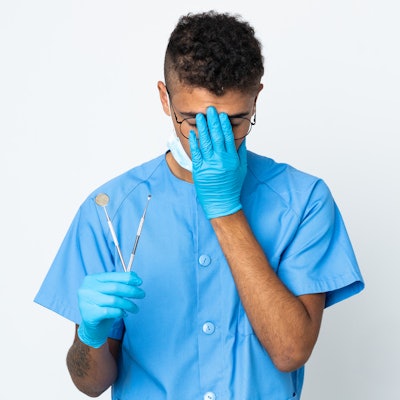
More than 40% of dentists say they have experienced a mental health issue, including burnout, mood disorders, or serious thoughts of suicide. Too many don't consider taking a break from practicing, according to a study published June 9 in Healthcare Management Forum.
Dentists are not only less likely to report ever experiencing a mental health issue compared to other healthcare professionals, like nurses and physicians, but they aren't as inclined to contemplate taking a leave of absence. However, some dentists made changes at work to alleviate some of the pressure, according to researchers in Canada.
"There is a need to de-stigmatize mental health issues and encourage greater awareness and support from supervisors and colleagues," wrote the authors, led by Ivy Bourgeault, PhD, of the University of Ottawa in Canada.
Healthcare professions are among the most stressful occupations, and the COVID-19 pandemic has added more pressure on clinicians. Given their challenging working environments, it is critical to gain a better understanding of the factors that ease or hurt the psychological health and safety of healthcare professionals, including dentists.
To get a better picture of the healthcare profession and mental health, an online survey was sent to dentists, nurses, doctors, and midwives in Canada between November 2020 and May 2021. The survey asked respondents about psychological or mental stress or distress, burnout, anxiety, depression, post-traumatic stress disorder, mood disorders, suicidal ideation, and substance use or dependence. In addition to the surveys, researchers conducted interviews with 163 participants.
Of the 1,860 healthcare professionals who participated in the study, 1,569 were women and 291 were men. The participants included 397 dentists, 310 physicians, 1,013 nurses, and 202 midwives.
Of all respondents, 62% reported experiencing a mental health issue at any time during work or school. A total of 44% of dentists reported having a mental health issue, and 28% contemplated taking a leave from work.
Dentists, doctors, and midwives were less likely to take leaves of absence than nurses, the authors wrote. Dentists were also less likely to return to work after a leave of absence than their peers.
| Mental health experiences of healthcare professionals | |||||
| All healthcare professionals | Dentists | Nurses | Physicians | Midwives | |
| Experienced a mental health issue | 62% | 44% | 67% | 60% | 79% |
| Made changes to work | 60% | 54% | 65% | 54% | 55% |
| Considered taking a leave of absence | 53% | 28% | >59% | 51% | 59% |
| Took a leave of absence | 29% | 13% | 38% | 18% | 17% |
| Returned to work after leave of absence | 73% | 59% | 74% | 79% | 70% |
Because healthcare professionals' experiences differed, it's vital that further research study workers' mental health experiences in other health fields to learn how work context affects these experiences, the authors wrote.
"The pathway from the experience of mental health through to subsequent decisions to take a leave of absence from work (or not) and then to return reveal some important concerns and opportunities for intervention," Bourgeault and colleagues concluded.

